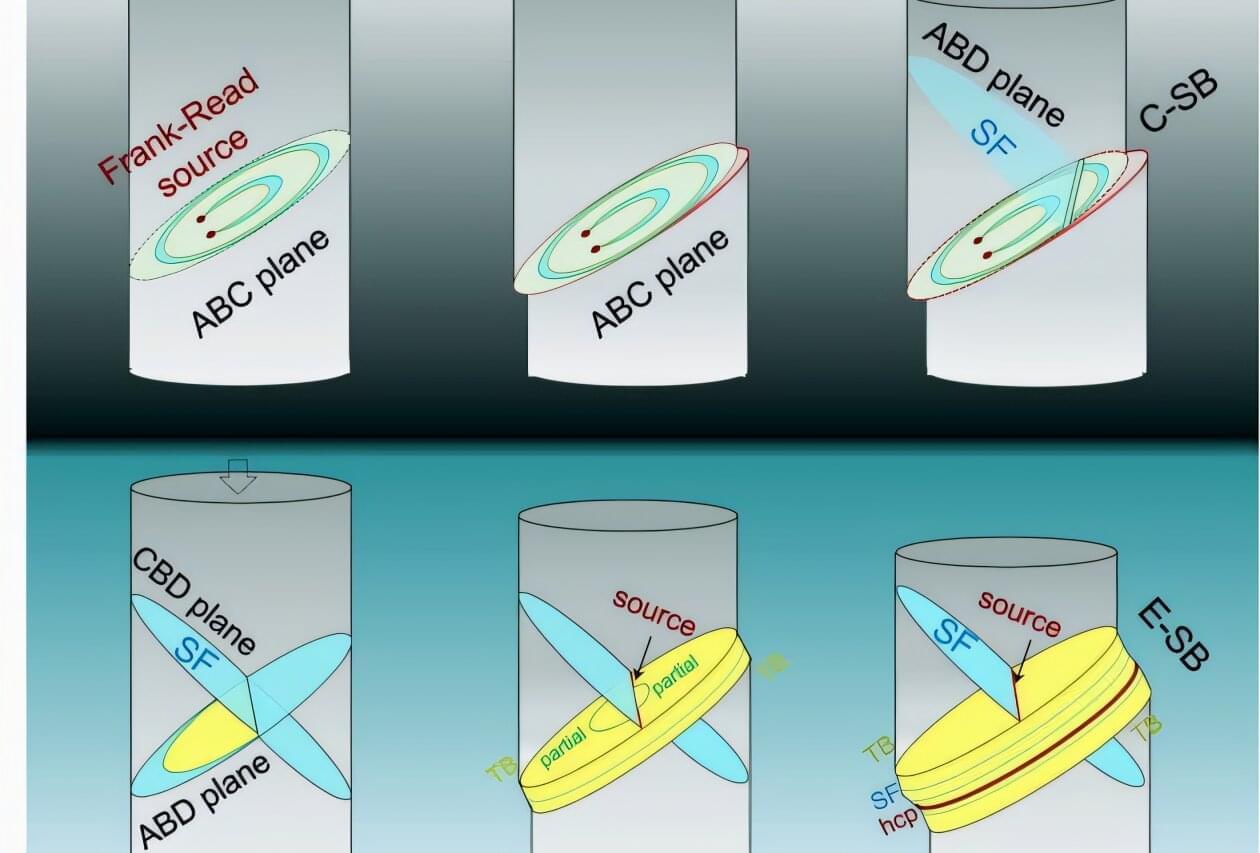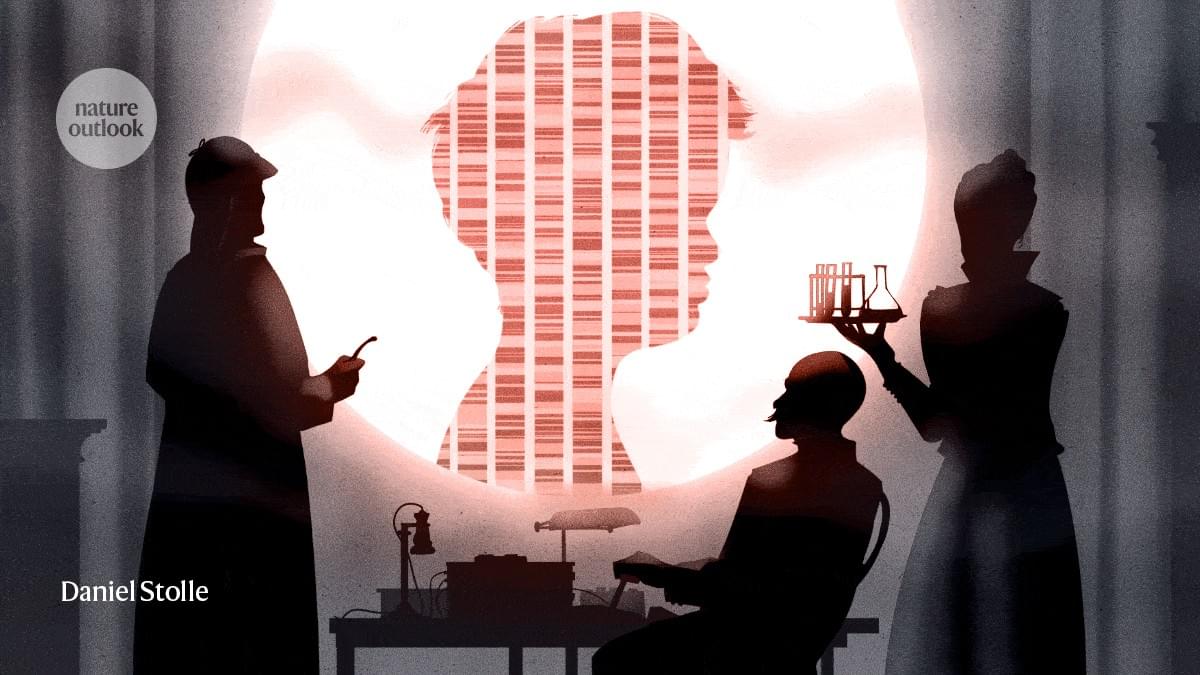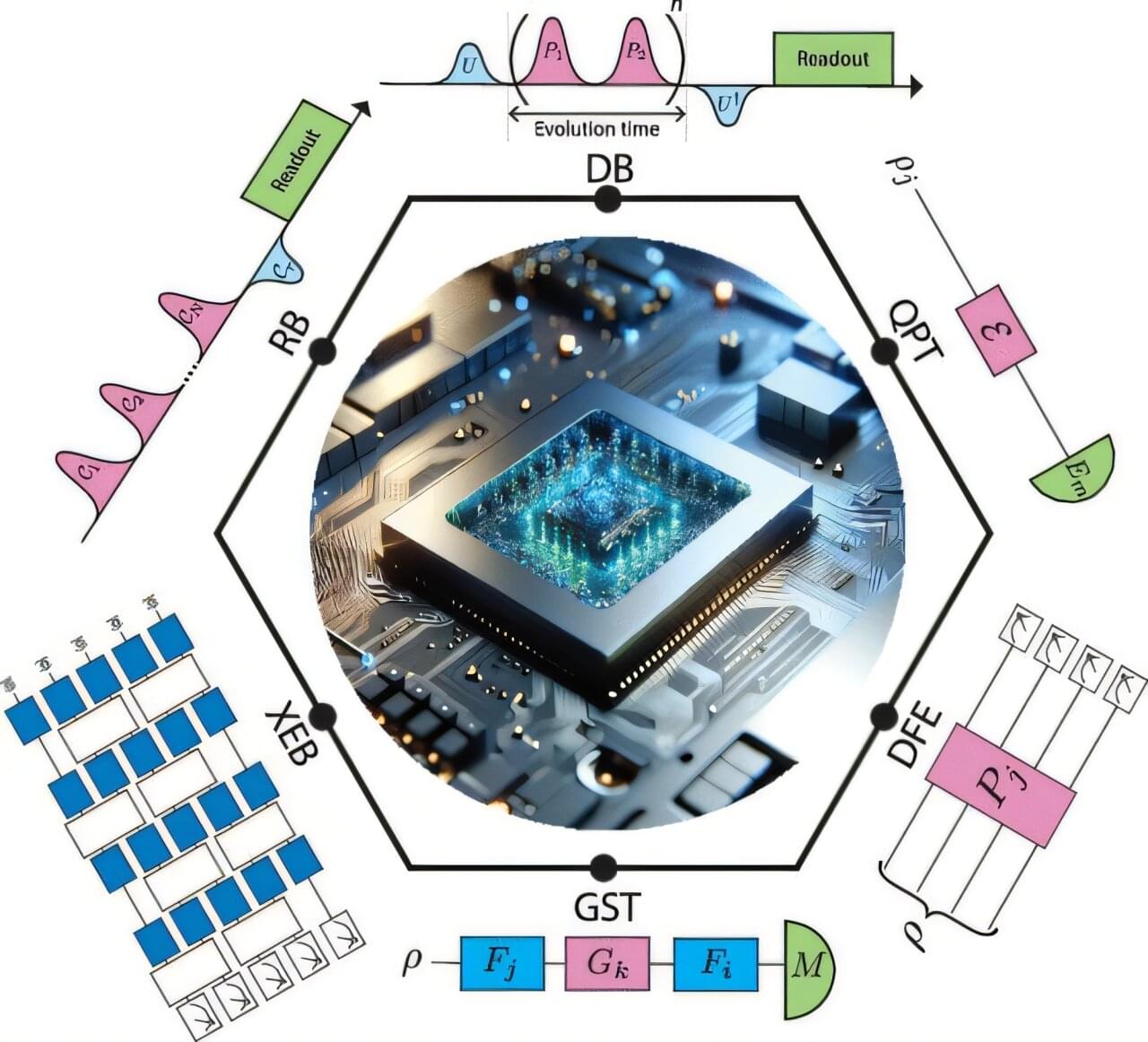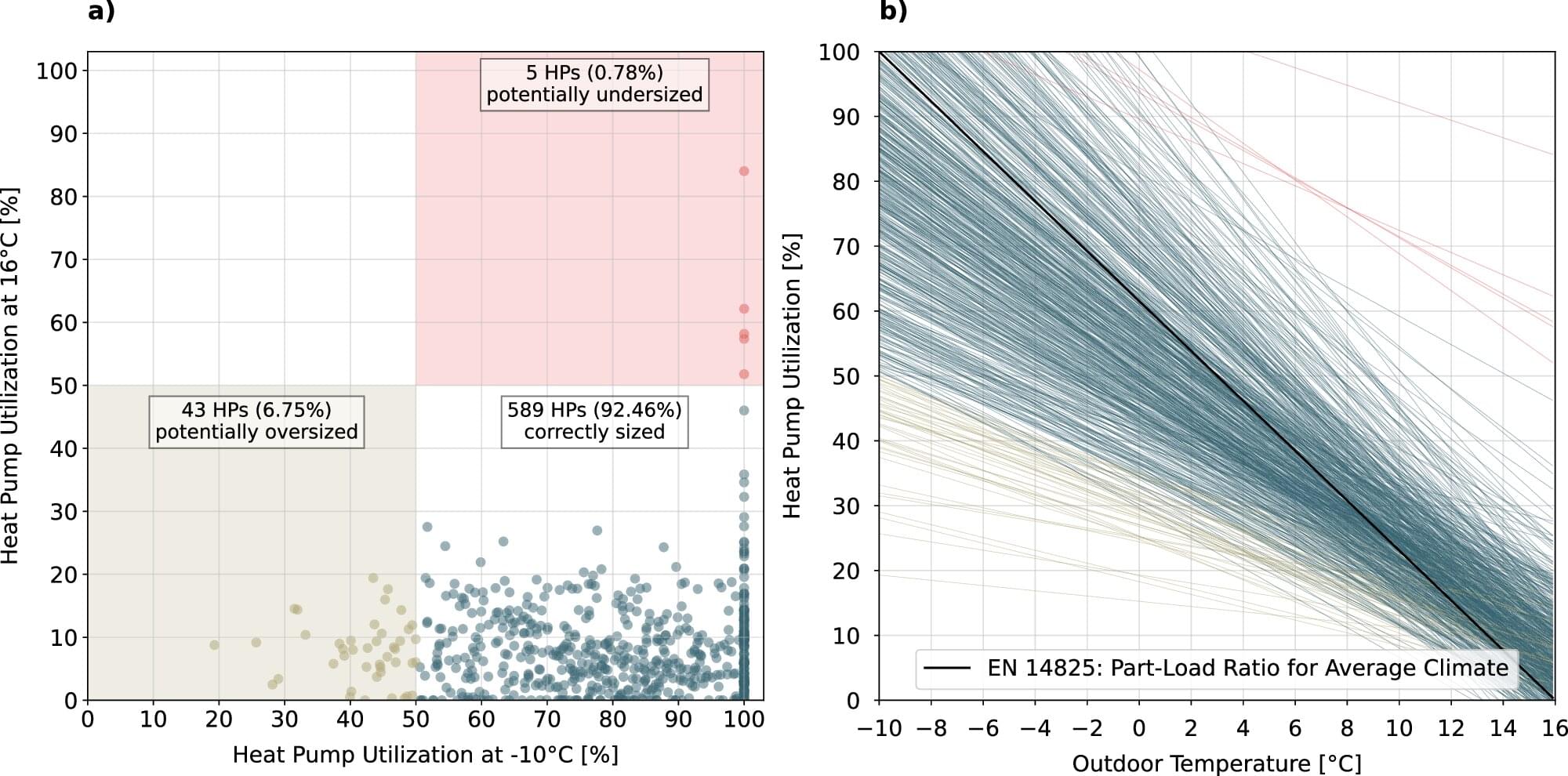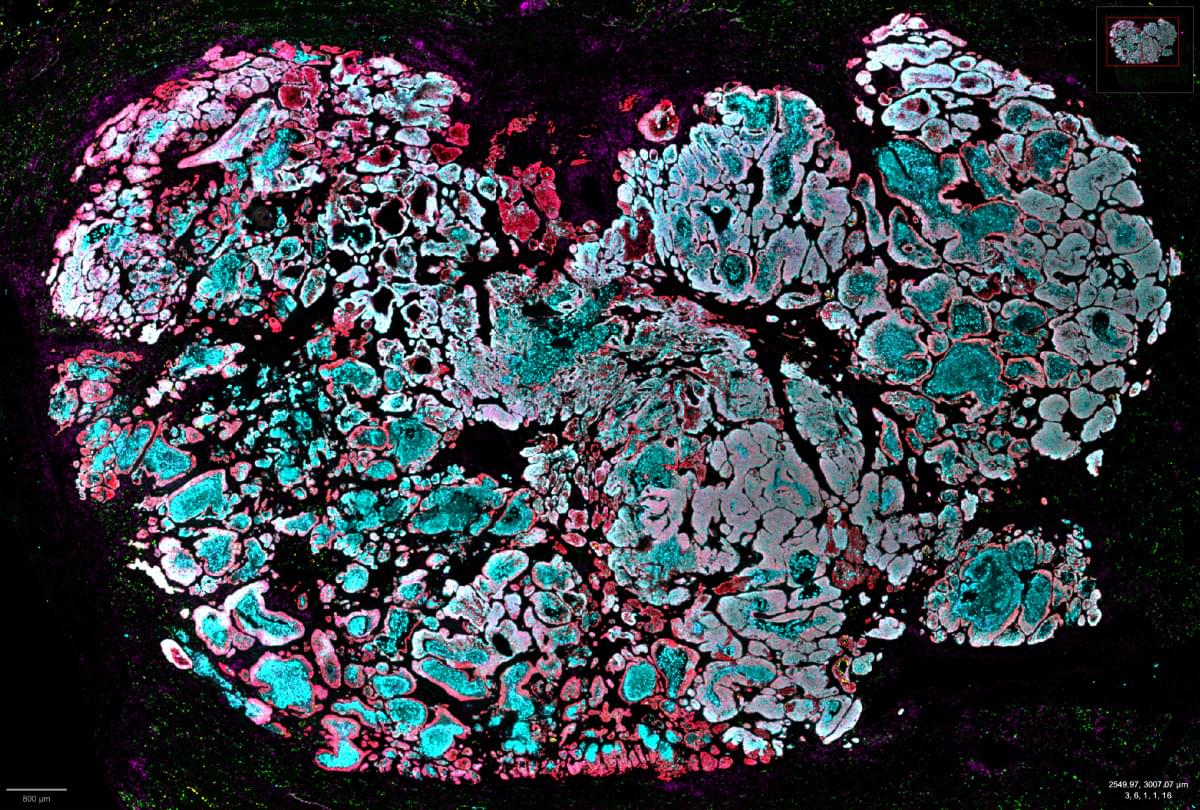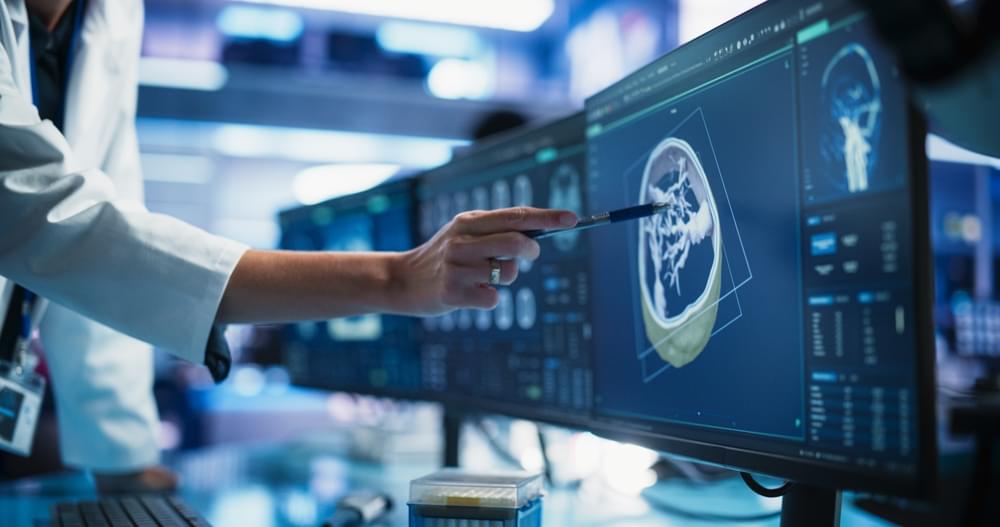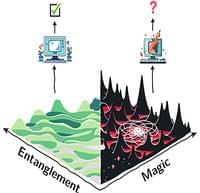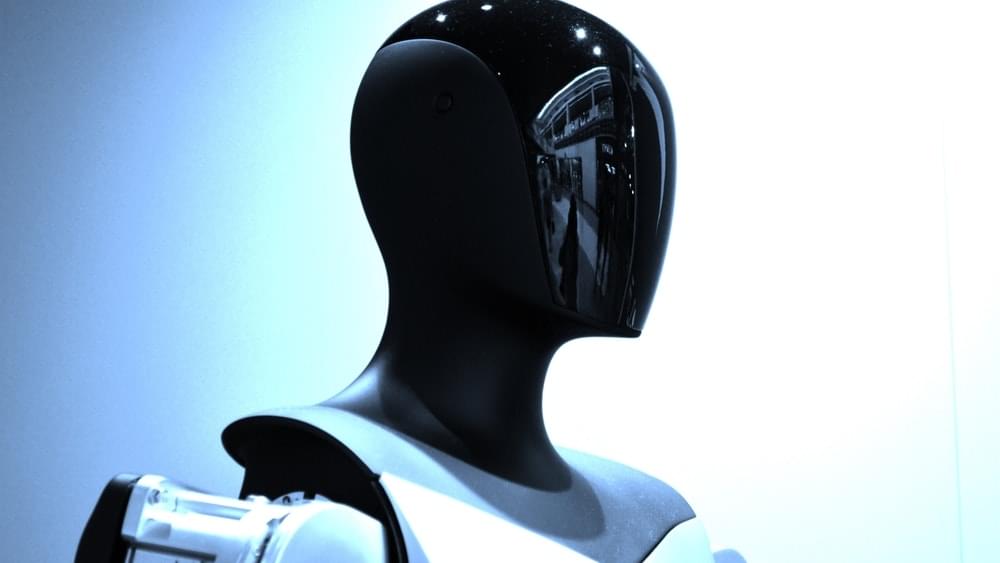In the dim light of the lab, friends, family, and strangers watched the image of a pianist playing for them, the pianist’s fingers projected onto the moving keys of a real grand piano that filled the space with music.
Watching the ghostly musicians, faces and bodies blurred at their edges, several listeners shared one strong but strange conviction: “feeling someone’s presence” while “also knowing that I am the only one in the room.”
“It’s tough to explain,” another listener said. “It felt like they were in the room with me, but at the same time, not.”

